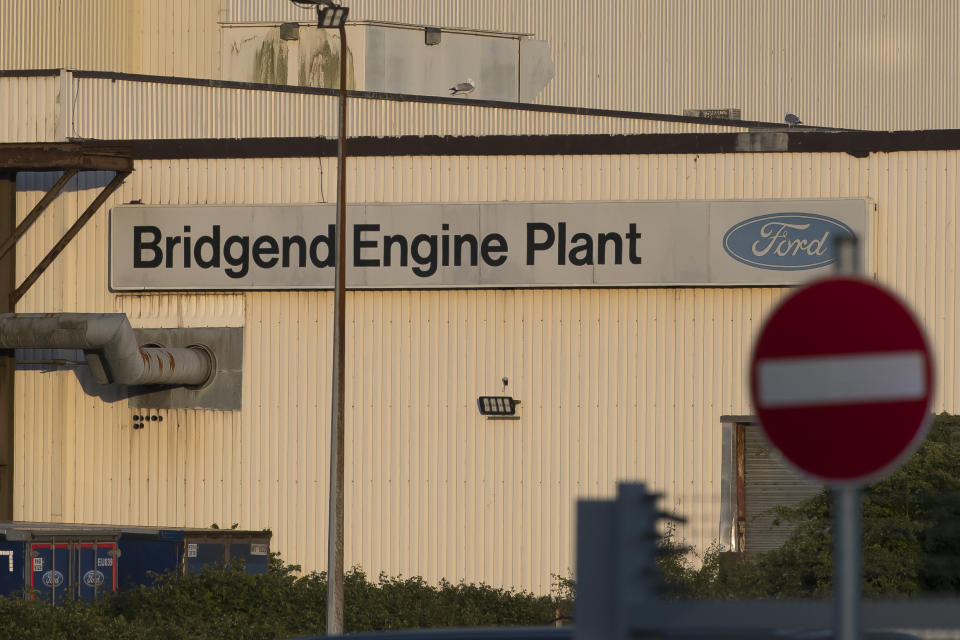2019 one of the worst years for job losses in the global car industry

2019 is set to be one of the worst years on record when it comes to job losses in the global auto sector, as the industry continues be roiled by the transformation required in the electric car shift.
Meanwhile, the UK car sector continues to be dented by prolonged Brexit uncertainty.
Globally, more than 80,000 job losses have been announced in the auto sector so far this year, with the majority of the cuts concentrated in Germany, the UK, and the US.
Last month, more people lost their jobs in the UK manufacturing sector — of which the auto sector is one of the largest components — than in any other month since September 2012.
More specifically, around one-third of car firms in the UK have announced job cuts since the 2016 Brexit referendum, while nearly 14% of companies in the car industry — which includes manufacturers, components and services companies — have relocated away from the UK, according to the Society of Motor Manufacturers and Traders (SMMT).
The SMMT said last month that the tariffs that would accompany leaving the EU without a deal could prompt a severe drop in car production in the UK.
“Rather than producing two million cars a year by 2020, a ... worst-case scenario could see us making just a million,” said Mike Hawes, the CEO of the SMMT.
This is a big deal: The car sector is one of the most productive sectors in the UK, and — since it accounts for 14% of total exports — it is the single biggest exporter of UK goods.
But car manufactures in the UK have blamed the need to accelerate the shift to electrified cars just as much as they have blamed the UK’s decision to leave the European Union.
Producing electric cars requires different skillsets, different factory setups, and new technology expertise.
In June, Ford (F) made the shock decision to close its Bridgend, Wales manufacturing plant, but a senior company executive insisted that the move, which risked 1,700 jobs, was not related to Brexit.

The move followed Honda’s decision to axe its huge car plant in Swindon, with the loss of 3,500 positions. Jaguar Land Rover also made the decision to cut 4,500 roles worldwide, with the majority of the job losses expected to come in the UK.
Even then, Jaguar Land Rover said in July that it would invest hundreds of millions of pounds in electric vehicle production at its Castle Bromwich plant in Birmingham. An electric version of the Jaguar XJ will be the first car produced at the plant.
The company said that the move will help secure the jobs of up to 2,700 workers at the factory.
But the shift to electrification has also prompted huge job losses.
Volkswagen-owned Audi announced late last month that it plans to cut 9,500 out of 61,000 jobs in Germany between now and 2025, as part of its overhaul.
Volkswagen (VOW.DE) said that it would hire up to 2,000 specialists in e-mobility and other up-and-coming fields — in a move it said would eventually level out the total job losses to 7,500 jobs.
The same week, Mercedes-Benz owner Daimler (DAI.DE) confirmed that it would slash at least 10,000 jobs around the world as it invests heavily in electric vehicles.
While it did not give a precise figure globally or in the UK, Daimler suggested it could be a “low five-figure number” across the globe by 2022.
Estimates from the Center of Automotive Management, a Germany-based group that conducts automotive and mobility research, has found that as many as 150,000 jobs could be at risk in the next few years.

 Yahoo Finance
Yahoo Finance 
